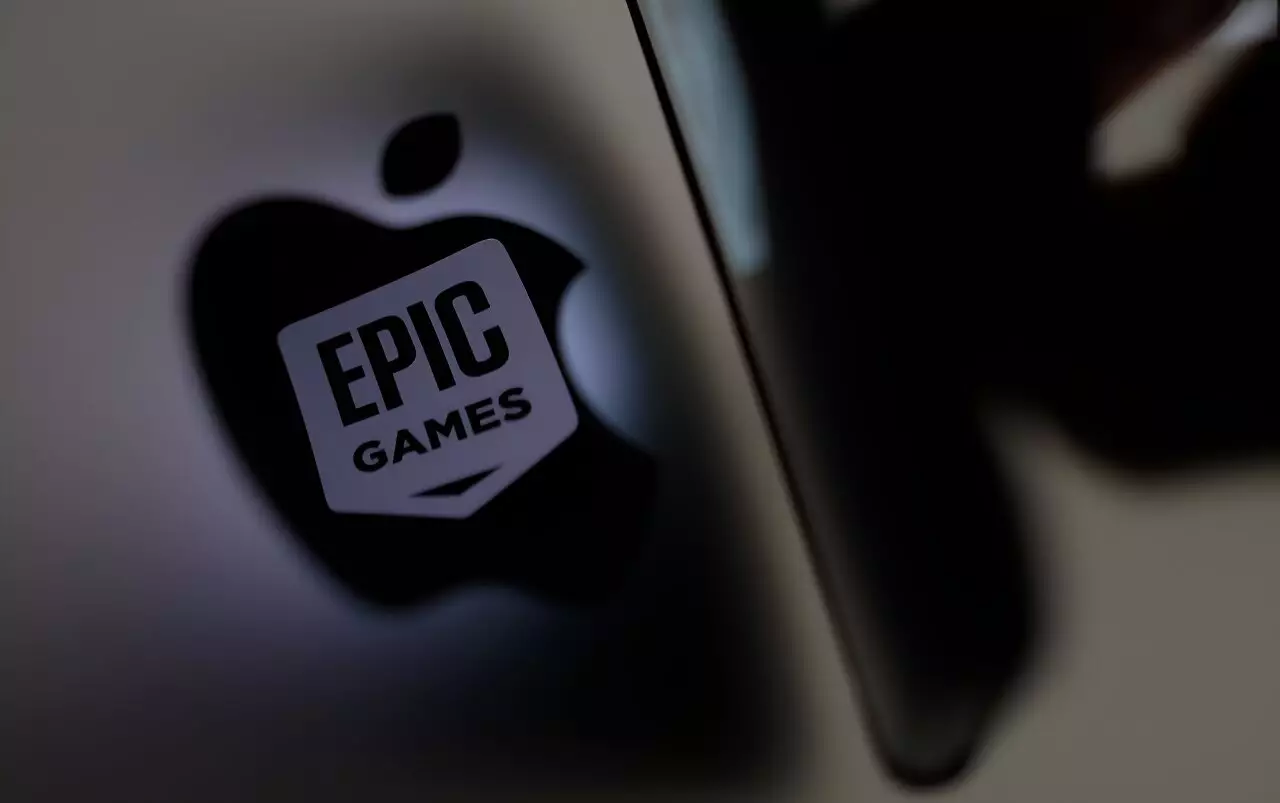Apple’s decision to allow Epic Games to develop a competing European app store for iPhones marks a significant shift in their relationship. The feud between the two companies tested the new Digital Markets Act (DMA) law in Europe, which aims to regulate big tech companies and promote competition. This move comes after Apple closed Epic’s developer account in Sweden, preventing them from launching their app store. However, following discussions, Apple has now permitted Epic to re-sign the developer agreement and join the Apple Developer Program, signaling a willingness to comply with the DMA policies.
The Digital Markets Act is a landmark law that requires major tech companies to open up their platforms to competition. By designating certain companies as “gatekeepers,” the law aims to prevent monopolistic practices and promote a level playing field for developers. Apple’s decision to allow Epic Games to develop a rival app store can be seen as a response to the DMA’s requirements. This move not only benefits Epic Games but also sets a precedent for other developers to challenge app store restrictions imposed by tech giants.
Epic CEO Tim Sweeney’s praise for the European Commission’s role in resolving the dispute reflects the importance of regulatory intervention in the tech industry. Sweeney described Apple’s actions as oppressive, likening them to feudal lords silencing dissent. However, the Commission’s involvement and the enforcement of the DMA rules have forced Apple to reconsider its stance. This highlights the power of regulatory bodies in holding tech companies accountable and ensuring fair competition in the market.
Challenges Ahead for Apple and Epic Games
While Apple’s decision to allow Epic Games to develop a rival app store is a positive development, both companies will face challenges in the implementation process. Epic Games will need to adhere to the DMA policies and compete with Apple’s established app store, which may require innovative strategies and resources. On the other hand, Apple will need to navigate the changing regulatory landscape and balance its competitive interests with the requirements of the DMA. This ongoing dynamic between the two companies will shape the future of app store competition in Europe.
Apple’s reversal on allowing Epic Games to develop a rival app store in Europe is a significant milestone in the tech industry. The implementation of the Digital Markets Act and the intervention of the European Commission have set a new precedent for regulating big tech companies and promoting competition. While challenges lie ahead for both Apple and Epic Games, this decision marks a step towards a more open and competitive app store ecosystem in Europe.


Leave a Reply